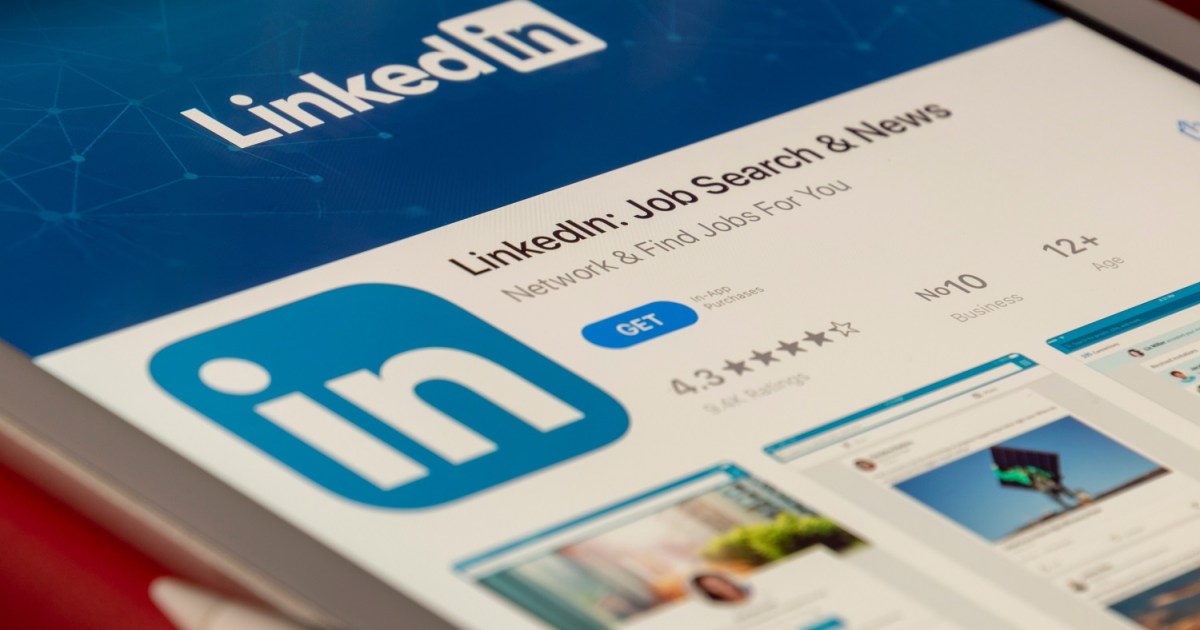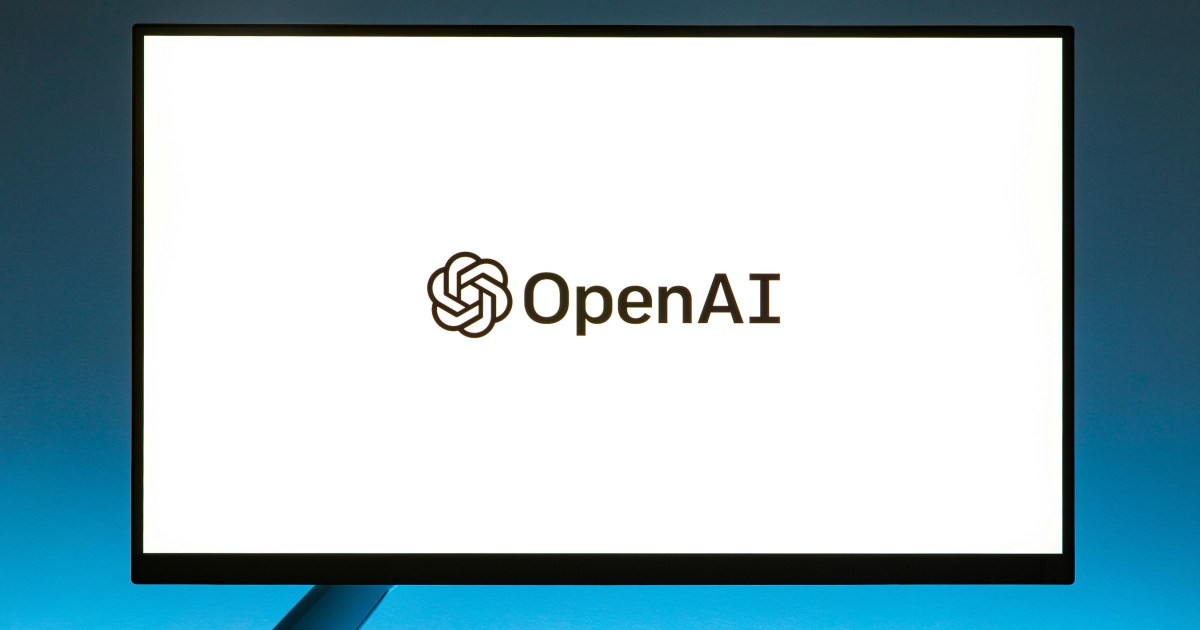LinkedIn is facing a lawsuit alleging it shared users’ private messages with third-party companies for AI model training, according to a BBC report. A LinkedIn Premium user filed the class-action lawsuit in California in August 2023, representing themselves and others similarly situated.
Key Accusations in the Lawsuit
The lawsuit contends that LinkedIn knowingly violated its contractual promises and privacy standards by sharing user data without consent. It further alleges that LinkedIn attempted to conceal its actions by modifying its privacy policy and FAQs. Specifically, the lawsuit claims LinkedIn added a privacy setting that automatically enrolled users in a program allowing third parties access to their personal information for AI training. Later, the company allegedly altered its privacy policy to disclose the potential use of user data for this purpose. The lawsuit also points to changes in the FAQs section, suggesting LinkedIn acknowledged user concerns but claimed the changes wouldn’t affect previously completed AI training.
LinkedIn’s Response and Potential Penalties
A LinkedIn spokesperson denied the allegations to BBC News, calling them “false claims with no merit.” However, if the lawsuit is successful, LinkedIn could face significant financial penalties. The lawsuit seeks $1,000 per user for alleged violations of the U.S. Federal Stored Communications Act. It also seeks an unspecified amount for alleged breach of contract and violation of California’s unfair competition law.
Previous Legal Challenges for LinkedIn
This isn’t the first time LinkedIn has faced legal action related to user data. The company previously paid $13 million to settle a class-action lawsuit over excessive unsolicited emails. While the outcome of this current lawsuit remains uncertain, it raises important questions about data privacy and the use of user information for AI development. An email from LinkedIn last year indicated that user data sharing for AI purposes was not enabled in certain regions, including Switzerland, the UK, and the European Economic Area. This suggests a varied approach to data handling practices depending on regional regulations.
Conclusion: The Future of Data Privacy and AI Training
The lawsuit against LinkedIn highlights the growing tension between technological advancement and user privacy. As AI development continues to rely on large datasets, the ethical and legal implications of data collection and usage will undoubtedly face increased scrutiny. The outcome of this case could have significant implications for how social media platforms and other tech companies handle user data in the context of AI development.











